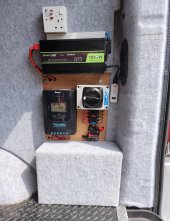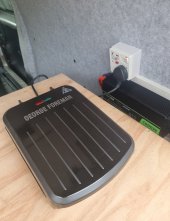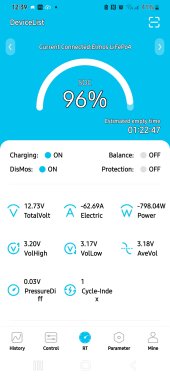BigGElmo
New Member
- Joined
- Feb 2, 2022
- Messages
- 16
Hi , this is my ongoing Solar LiFePO4 system installed in my 2008 Fiat Scudo van.
The spec is....
150w monocrystalline panel.
Renogy Rover 12v 20a MPPT charge controller.
PV Isolator
12v 90ah VariCore self build battery in a plastic case.
Xiaoxiang 100a smart BMS.
The spec is....
150w monocrystalline panel.
Renogy Rover 12v 20a MPPT charge controller.
PV Isolator
12v 90ah VariCore self build battery in a plastic case.
Xiaoxiang 100a smart BMS.
Attachments
-
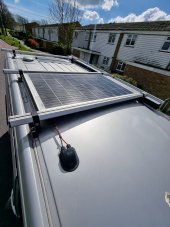 20220403_123758.jpg176.5 KB · Views: 28
20220403_123758.jpg176.5 KB · Views: 28 -
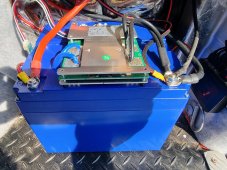 20220324_122919.jpg346.8 KB · Views: 20
20220324_122919.jpg346.8 KB · Views: 20 -
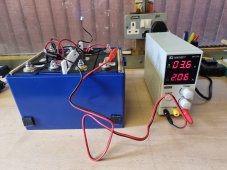 20220403_115611.jpg264.9 KB · Views: 18
20220403_115611.jpg264.9 KB · Views: 18 -
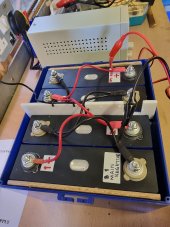 20220403_115844.jpg161.2 KB · Views: 18
20220403_115844.jpg161.2 KB · Views: 18 -
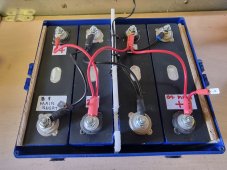 20220403_113817.jpg256.8 KB · Views: 18
20220403_113817.jpg256.8 KB · Views: 18 -
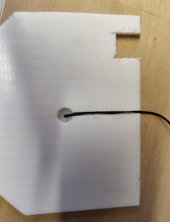 Screenshot_20220403-124350_Gallery.jpg144.9 KB · Views: 17
Screenshot_20220403-124350_Gallery.jpg144.9 KB · Views: 17 -
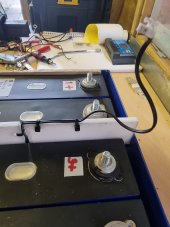 20220403_113343.jpg136.9 KB · Views: 15
20220403_113343.jpg136.9 KB · Views: 15 -
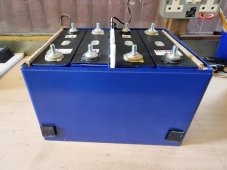 20220403_113325.jpg191.9 KB · Views: 24
20220403_113325.jpg191.9 KB · Views: 24 -
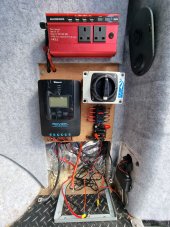 20220403_123718.jpg252 KB · Views: 28
20220403_123718.jpg252 KB · Views: 28
Last edited:



